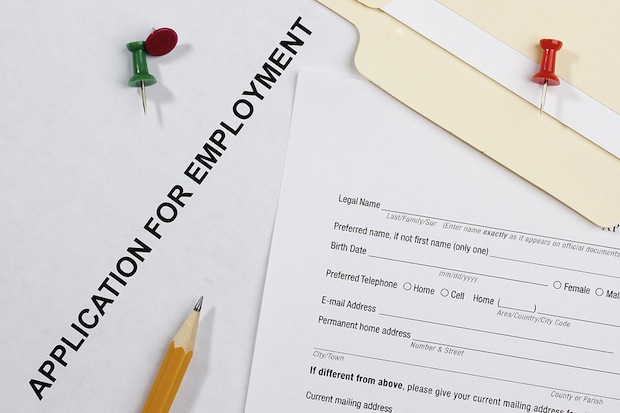6 tips to get that part-time job
LOOKING for a part-time or casual job can be difficult. Often we hear of students going for interview after interview, only to be rejected. Marina Solomon gives us her six best tips to help you get that job you need!
Be Yourself – It can be done!
You hear it all the time and it seems like counterproductive advice, especially when you don’t get the job.
Research is essential before a job interview. One of the best ways to go about being yourself in an interview setting is to get onto the website of the organisation you’re applying for, look up their ‘About Us’ section and look into what some of their values and core purposes are.
Once you’ve attained some knowledge on the company, pick three of your favourite values that are of importance and that suit your personality. That way you ensure that not only are you being yourself, but you’re not becoming a chameleon just for the money.
If their ‘About Us’ section doesn’t suit you or doesn’t hold some of the core values you hold, then we would suggest moving along. Something greater is around the corner for you.
Listen Carefully
Listening is of high importance when it comes to finding a job. If you don’t listen carefully you could end up in a position that just isn’t right for you, or you could end up accepting a job that won’t give you enough hours.
In addition, listening to what your manager is looking for is important. Demonstrating you understand your manager’s instructions is a great way to show you are a good fit for the position.
Ask Questions
There really is no such thing as a ‘stupid question.’ Ask all the questions you want, no matter how small and insignificant it may seem. Asking questions shows that you’re interested in the job and want to learn more about the organisation. It may be hard to get your question out there, but give it a go; you’ve got nothing to lose.
Market Yourself
Treat yourself like a brand. If you want to get involved in fashion retail, dress according to the store’s style. If you want to work in an office, bring up previous work experience that would show why you are a perfect fit for the organisation.
Actions speak louder than words. If given the opportunity to elaborate about your skills, don’t hesitate.
Always ensure your resume is precise, neat and to the point. Also, if writing a cover letter, don’t just write about yourself and why you’re the perfect candidate for the job. Tell the company what you love most about them and why their values suit yours.
Follow Up
It can be daunting at times to follow up on a position you desperately want, but it gives the employer a reason to remember your name. Sometimes making that phone call can be unnerving and challenging, especially when you don’t know what to expect. At the end of the day, there is no harm in knowing how you’re progressing in the early stages.
Ask For Feedback
This is the most disheartening of all, but it’s helpful in the long run. If you’re unsuccessful in a position you desperately wanted, ask for feedback. It can be painful to listen to at times, but it gives you some foundation and allows you to figure out what you can work on to attain another job you’re chasing.
While it is exciting to finally get that job you’ve been waiting for, do keep in mind certain rules and regulations that you and your employer need to abide by.
Minimum wage and your age: 18 years: $11.52 19 years: $13.92 20 years: $16.48 In a majority of companies there is a 25% loading if you are hired as a casual staff.
It is of high importance to collect and keep your payslips, even if you’re receiving cash in hand. so that it can be known and seen that you’re being honest and earning what you deserve. |

